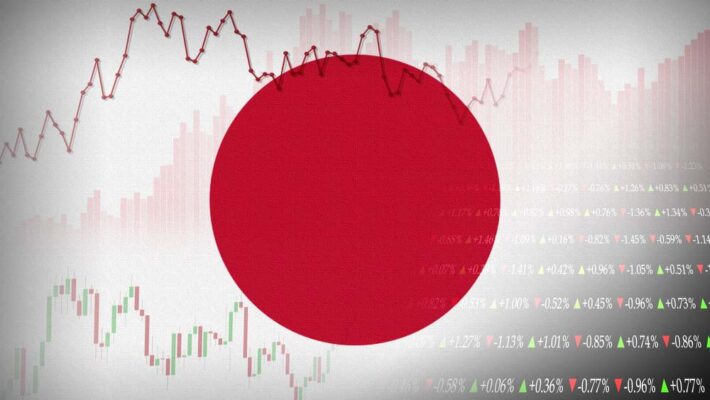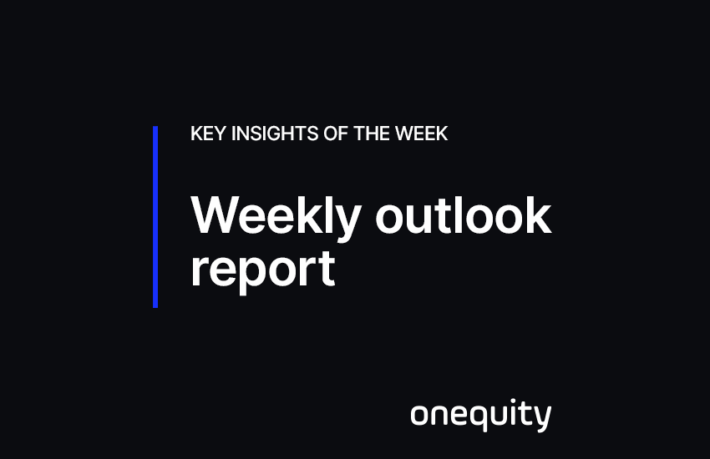European Stocks Climb as Inflation Data and Global Tensions Take Center Stage

European equities advanced on Wednesday, supported by overnight gains on Wall Street and growing investor focus on global inflation trends. By mid-morning trading, Germany’s DAX was up 0.5%, France’s CAC 40 gained 0.4%, and the U.K.’s FTSE 100 added 0.2%.
The move higher followed record-setting closes across all three major U.S. indices on Tuesday, reflecting expectations that the Federal Reserve could cut rates as early as next week. While markets have largely priced in a 25-basis-point reduction, attention is fixed on upcoming inflation data that could determine whether policymakers opt for a standard cut or consider a larger 50-basis-point move.
Inflation Data in the Spotlight
The U.S. Producer Price Index (PPI) is due later Wednesday, with the Consumer Price Index (CPI) following on Thursday. Economists forecast monthly increases of 0.3% across the board, which would lift the annual headline CPI to 2.9% while leaving core inflation steady at 3.1%.
Global data added to the picture of uneven price pressures. Figures released earlier showed that China’s consumer prices declined more than anticipated in August, while producer prices fell for the 35th consecutive month, underscoring persistent deflationary challenges in the world’s second-largest economy.
Political Shifts in France
In Europe, political developments were in focus after French President Emmanuel Macron appointed Sebastien Lecornu as prime minister. Lecornu, a close ally, is tasked with steering a minority government while upholding Macron’s pro-business reforms. In a rare move for French politics, Macron’s office confirmed that Lecornu has been asked to consult all parliamentary factions on the budget and key policies before finalizing his cabinet.
French markets are eyeing a crucial test at the end of the week when Fitch Ratings reviews France’s AA- sovereign rating, which currently carries a negative outlook. The country has already faced a downgrade from Moody’s following last year’s government collapse.
Mixed Data Across Southern Europe
Spanish industrial production posted a 2.5% annual increase in July, improving from a revised 1.9% the prior month. Italy’s figures, expected later in the session, are projected to show little change in monthly growth.
Corporate Updates: Inditex, Baloise, Novo Nordisk
Earnings reports shaped corporate headlines:
- Inditex, the world’s largest fast-fashion retailer, reported weaker-than-expected second-quarter sales but noted that growth momentum picked up in August, particularly in the U.S. market.
- Swiss insurer Baloise posted a 25.5% rise in first-half net profit, with gains in non-life insurance and investment income offsetting weaker life premiums.
- Novo Nordisk, maker of Wegovy, announced it will cut 9,000 jobs—about 11.5% of its workforce—in a major restructuring aimed at countering competitive pressure from U.S. rival Eli Lilly.
Meanwhile in the U.S., Oracle stock surged after the software giant projected its cloud infrastructure business could generate over half a trillion dollars in revenue, driven by demand for cost-effective cloud solutions.
Oil Prices Rise on Supply Risks
Crude oil prices advanced on renewed supply concerns. Brent futures climbed 1% to $67.02 per barrel, while U.S. West Texas Intermediate rose 1% to $63.26.
The gains followed Israeli strikes against Hamas leadership in Doha, which Qatar warned could derail peace talks, further escalating tensions in the Middle East. In addition, reports surfaced of former U.S. President Donald Trump urging the European Union to impose steep tariffs on India and China over their purchases of Russian oil.
While such measures are aimed at pressuring Moscow to end its war in Ukraine, they could also tighten global supply if India and China reduce their imports. So far, however, both nations have shown little indication of shifting their energy policies.


